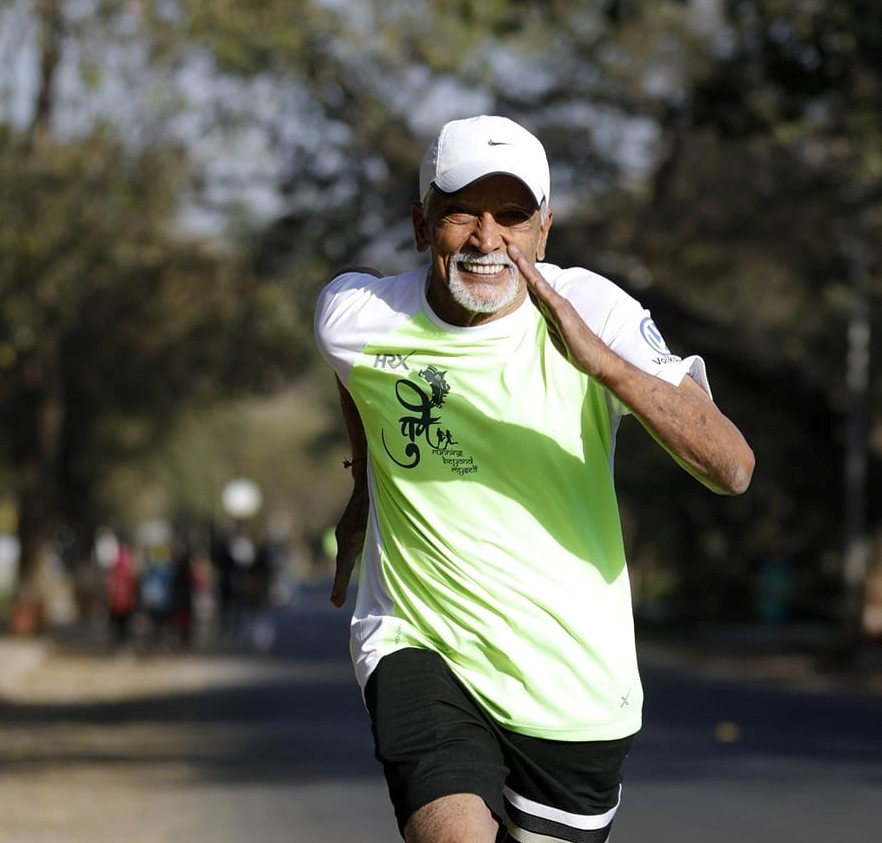
Speakers
-
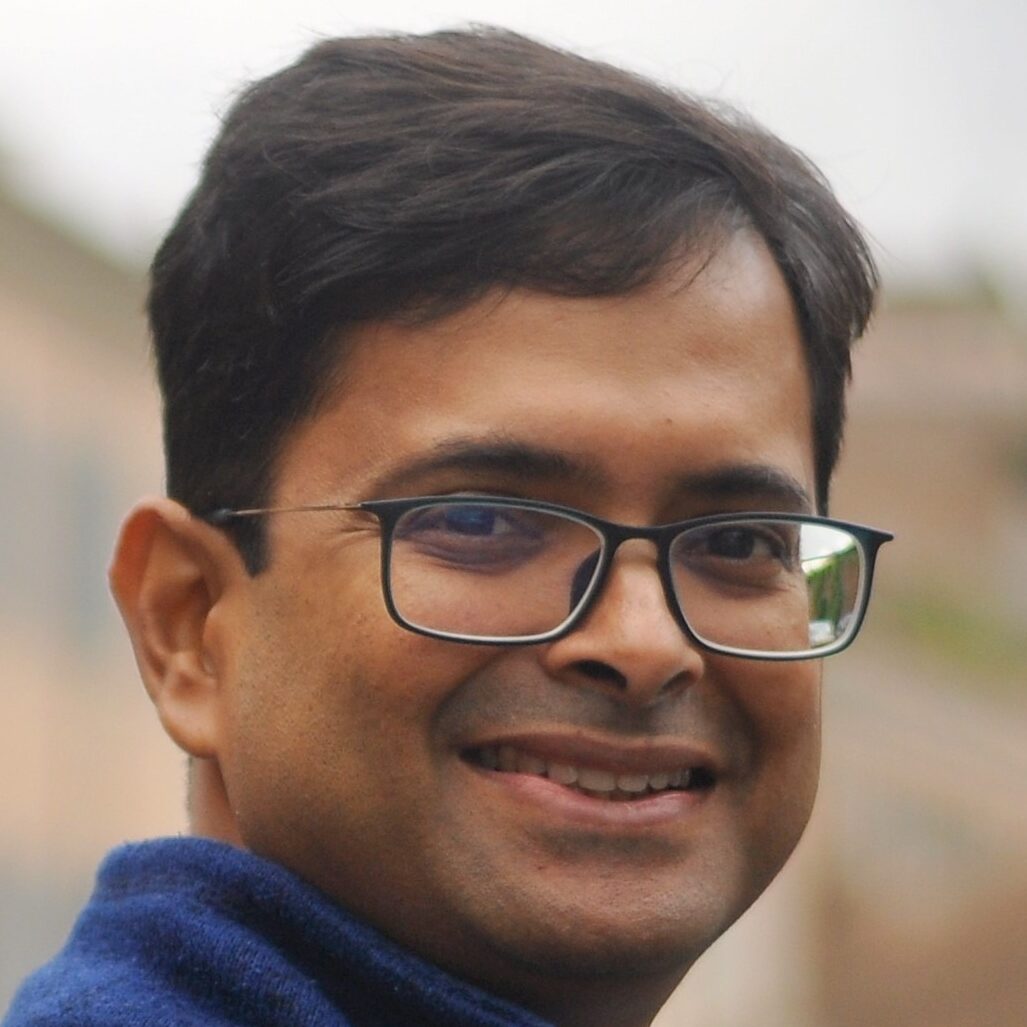 Abhijit LokreFounder, The Urban Lab
Abhijit LokreFounder, The Urban LabAbhijit is the founder of ‘The Urban Lab’, where he mentors and leads teams to provide practical solutions for creating liveable cities. With an experience of over twenty years, his work spans a variety of areas including urban and transport planning, urban design, and urban management integrating services like consultancy, research, training, advocacy, and capacity building. His key interest areas in the field of urban transport and urban planning are land use and transport, street design, transit-oriented development, and transport policies. He has a PhD in planning from CEPT University, Ahmedabad and Master of Planning from SPA, Delhi.
Abhijit is a visiting faculty at CEPT University, Ahmedabad. Prior to founding The Urban Lab, he worked with CEPT University as an Associate Professor at the Centre of Excellence in Urban Transport. Abhijit led the design team for Bus Rapid Transit projects in Ahmedabad, Surat, Indore, and Hubli Dharwad. The scope of work included preparing detailed project reports and detailed design for the BRTS, quality control for site work, coordinating with local authorities for preparing the institutional structure, business plan, and transit policies.
Abhijit is trained by Sustainable Urban Transport Program (SUTP) and GIZ as a trainer in urban transport and suitable mass transit options. He conducts training programs for urban transport professionals across South East Asia. He has also successfully completed a trainer program in ‘Case Teaching’ by The World Bank. Abhijit is an avid reader, traveler, and a photographer.
-
 Anagha ParanjpeArchitect & Environmental Planner
Anagha ParanjpeArchitect & Environmental PlannerAnagha is an architect – environmental planner with more than 12 years of professional experience in the field of Architecture, Sustainable Design and Design and Urban Environmental Planning. Anagha is also an academician and teaches post graduate programs in Energy and Environment. She also conducts training on diverse themes such as Green Buildings, Environmental Impact Assessments, Urban Air Quality Management and Sustainable Design of Buildings.
She is a member of various Boards and Committees at national and local level in the areas of Green Buildings, Urban Planning and Energy Efficient Buildings. Anagha is an empaneled expert with Bureau of Energy Efficiency, is a GRIHA Trainer and IGBC Evaluator. -
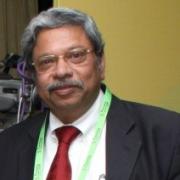 Dr. O.P. AgarwalWRI India
Dr. O.P. AgarwalWRI IndiaPrior to joining WRI India, Om Prakash (O.P.) Agarwal was the Executive Director at the Indian School of Business and chaired the U.S. Transport Research Board’s Committee on Transportation in Developing Countries. He is a highly respected thinker and practitioner with a wealth of experience in cities, urban transport, climate change and related development and environment issues. He has served as a member of the Indian Administrative Service (IAS) and held several positions from 1979 to 2007. During his tenure as the head of the Urban Transport division of the Government of India, he authored India’s National Urban Transport Policy, a document that outlines the priorities for sustainable urban transport at all levels of government.
-
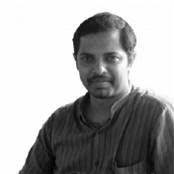 Nikhil MijarUrban Planner
Nikhil MijarUrban PlannerNikhil Miraj ha experience of working as an Architect, Interior designer, Urban planner, Activist in NGO, Vastu consultant, Lecturer in College, Urban designer and also as an strategy planner and Analyst. He is working as a Transport planner at Pune Municipal Corporation(PMC) . He has worked extensiivly on on Pubilc transport. He was part of comprehensive Mobility Plan and also worked on Urban Street Design Guidelines for Pune City. His area of interest are Environment, sustainable architecture aand urban design.
-
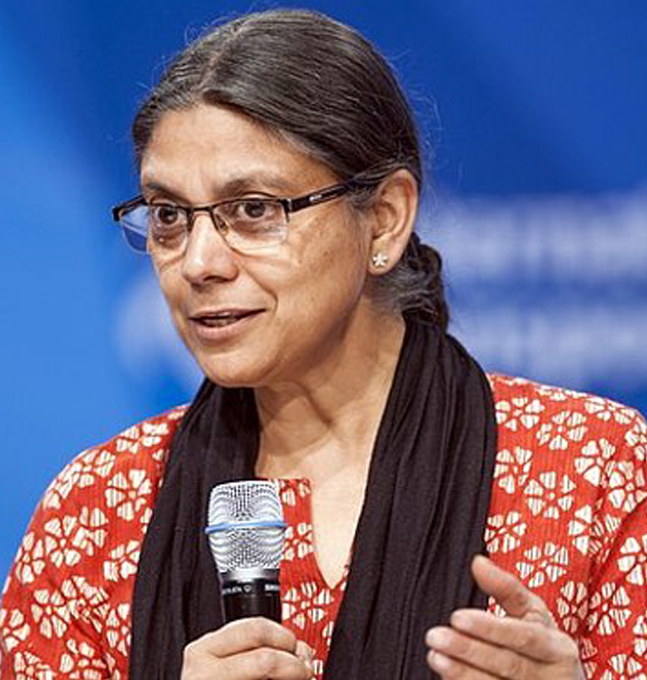 Prof. Geetam TiwariTRIPP Chair Professor, Department of Civil Engineering, IIT Delhi
Prof. Geetam TiwariTRIPP Chair Professor, Department of Civil Engineering, IIT DelhiGeetam Tiwari is the Head at the Transportation Research and Injury Prevention Centre and MoUD Chair Professor for Transport Planning at the Department of Civil Engineering, IIT Delhi. She has been Adlerbretska Guest Professor for sustainable urban transport at the Chalmers University of Technology, Sweden 2007-2010. She has been working in the area of traffic and transport planning and traffic safety focusing on pedestrians, bicycles and bus systems. She Heads the WHO collaborating Centre on Safety Technologies at TRIP Centre, IIT Delhi. She is editor-in-chief of the International Journal of Injury Control and Safety Promotion since 2009.
-
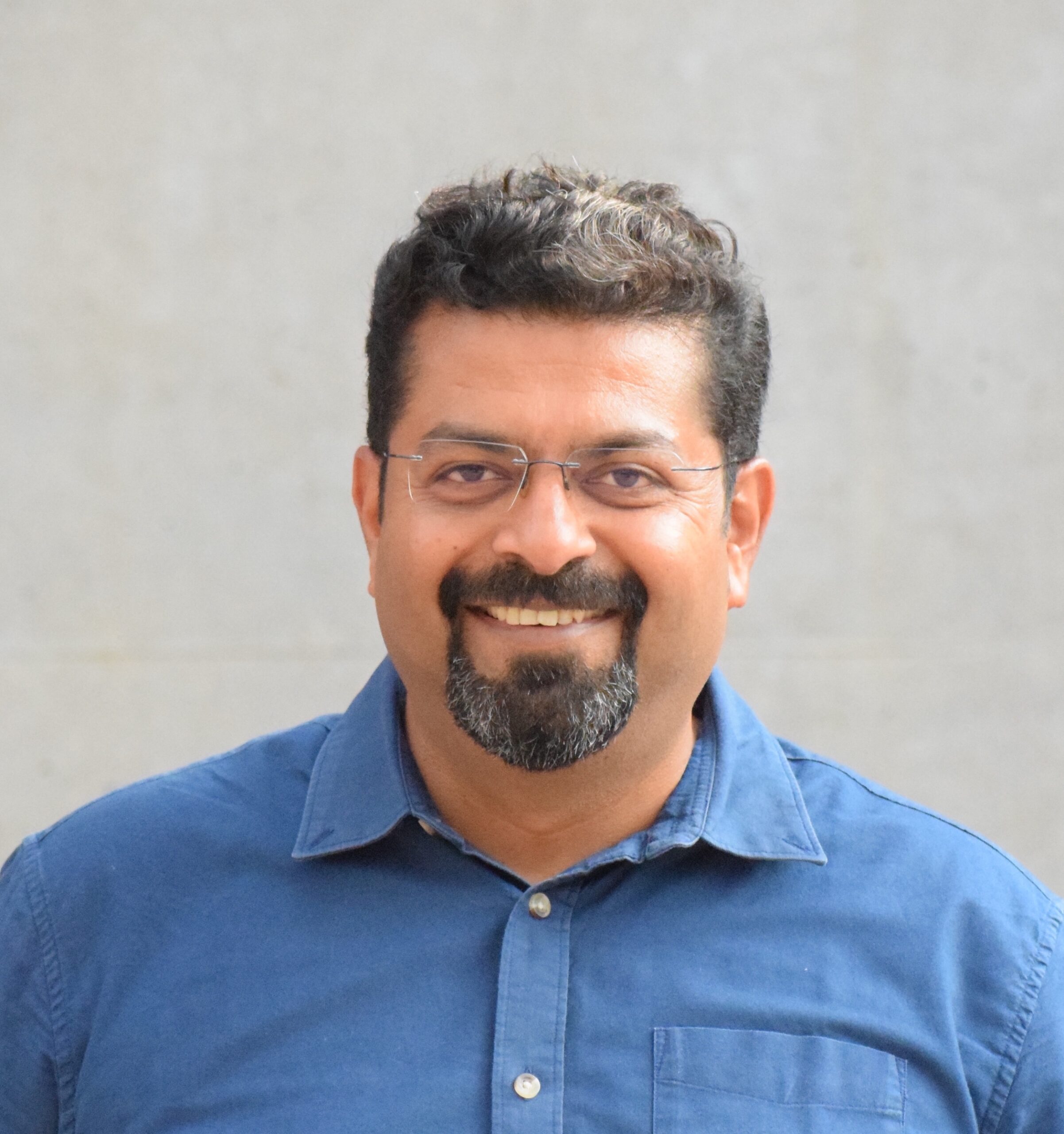 Rutul JoshiArchitect & Urban Planner
Rutul JoshiArchitect & Urban PlannerRutul Joshi is an architect-urban planner with a PhD in transportation studies from the University of the West of England, Bristol (UK). Rutul teaches urban planning at CEPT University, Ahmedabad with 19 years of experience in the field of urban spatial and transport planning. Recently, Rutul lead a multi-year research project on contextualizing transit-oriented development for Indian cities and the key project outcome was the TOD planning handbook which was used to trained a number of government planners and officials. Rutul is also a ‘sustainable mobility’ enthusiast and aspires to build advocacy campaigns around safer streets design and effective parking policies for Indian cities. He writes occasionally in the newspapers and media on civic issues.
-
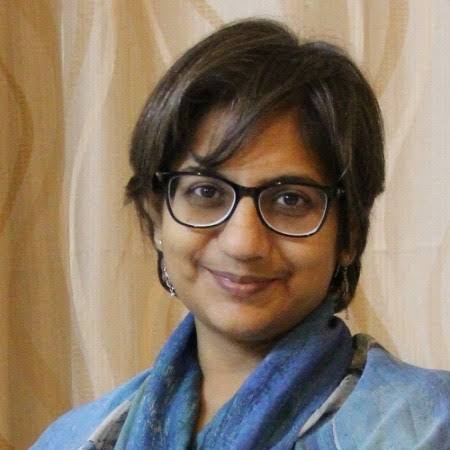 Sanskriti MenonSenior Programme Director, CEE
Sanskriti MenonSenior Programme Director, CEESanskriti Menon is Senior Programme Director, Centre for Environment Education and leads the CEE Urban Programme, the Coast and Marine Programme and the Central Regional Cell. Her areas of work and interest include urban transportation, waste management, urban ecosystems, and participatory governance. She is also involved in integration of environmental education in formal education. Projects she has led include public engagement for urban mobility and waste management projects, anchoring an NGO network on sustainable mobility, setting up public environment education centres, arranging public consultations for city plans and policy formulation, etc. She has been the Convenor of the Board of Studies of Environment Education of the Maharashtra HSC Board. She has over 25 years of experience with designing and implementing a range of programmes for public education, citizens’ engagement, multi-stakeholder deliberation, etc. using a range of communication tools. Sanskriti has an MSc in Museum Studies and an MA in Sustainable Development. She is conducting research in the area of participatory democracy.
https://www.ceeindia.org/ -
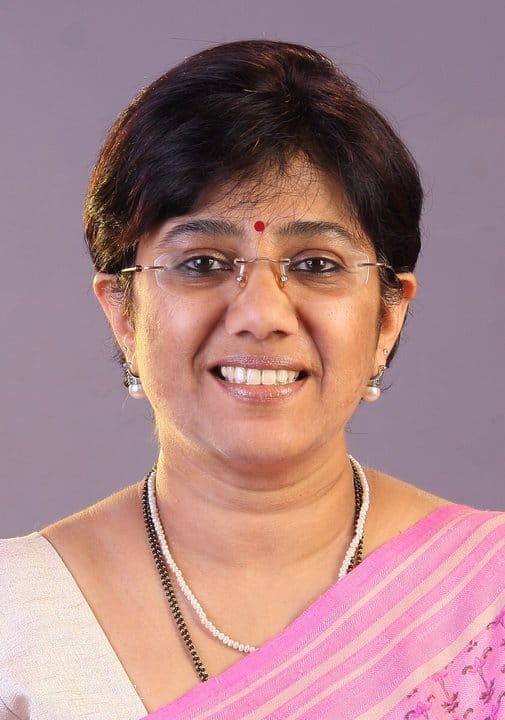 Vandana ChavanIndian Politician & Advocate
Vandana ChavanIndian Politician & AdvocateVandana Chavan, an advocate by profession, was thrice elected as Councillor to the Pune Municipal Corporation from 1992 – 2007 and was Mayor of the City of Pune in the year 1997-98. She was elected to the Maharashtra Legislative Council in March 2010 and is presently Member of Parliament of India, Rajya Sabha since March 2012. Mrs. Chavan has spearheaded several initiatives in the city of Pune targeting citizen’s participation, empowerment of women and sustainable development. Mrs. Chavan has taken a leading role in several environmental movements in the city of Pune. She is also the founding President of ALERT-a network initiative to bring about dialogue between Government, elected representatives and citizens on climate change.
Local Time
- Timezone: America/New_York
- Date: Dec 22 2023
- Time: 7:30 am
Public Transport & BRTS In Our Cities: Prioritizing the Bus- Meeting:02
Pune Municipal Corporation’s (PMC) demolition of the Bus Rapid Transit System (BRTS) route on Pune-Nagar Road on 6th December night, generated multiple responses. Qaneez Sukharani, a citizen activist, while welcoming and thanking PMC for it said, “ it has brought great cheer and relief to citizens who traverse the dangerous BRTS corridor on Nagar Road. It is also a mark of respect to all those who have had accidents and lost their lives all these years due to BRTS.” A letter to the Pune Municipal Commissioner and other officers titled “ Strong objection to the destruction of BRTS route …” by several “ Citizens and organizations promoting sustainable transportation “ says “ The golden opportunity to integrate the BRT with the metro, operational since 2015, has unfortunately been missed. Rather than opposing a road exclusively for vehicles, altering the BRT to be compatible with different modes of transportation would have been a more favorable strategy. Whether the BRT can function optimally or not depends on your administrative competence.” And Inhaf ( Habitat Forum) and The Urban Lab, who have just published a detailed study on BRTS Pune and Ahmedabad wrote, “ there is little doubt that demolition of the route has sent wrong and damaging signals everywhere. Not only to the Pune city and its citizens, whether using the service or not, but also to other cities where BRTS is running, and where BRTS is being planned”. All these, interestingly, are from citizens or citizen groups. And they are not expressing similar views or taking identical positions.
Efficient functioning of Pune’s transport system is critical to the city’s efficiency, productivity, mobility ,people friendliness and ease of living. It is a major determinant of positive growth of the city. And efficient functioning is mainly the function of better coordination, supplementality and complimentality of its component systems. BRTS must be seen in that framework.
Using the incidence which has made the issue topical—public transport system and BRTS as its integral part– not only for Pune but other cities as well, and in response to a visible need for a public dialogue on public transport system, Inhaf, CEE, Parisar and The Urban Lab are jointly organizing two webinars on 21 and 22 December, 2023 to discuss not so much the demolition but the wider issues of public transport in our cities and position and role of BRTS in it. For an informed discussiona number of subject specialists, professionals, concerned citizens, subject experts and concerned officers form Pune city have been invited. Though experts, professionals and officials will facilitate informed dialogue, the webinar/meeting is open for all to participate and contribute.
The idea is to find ways to strengthen the public transport system.

